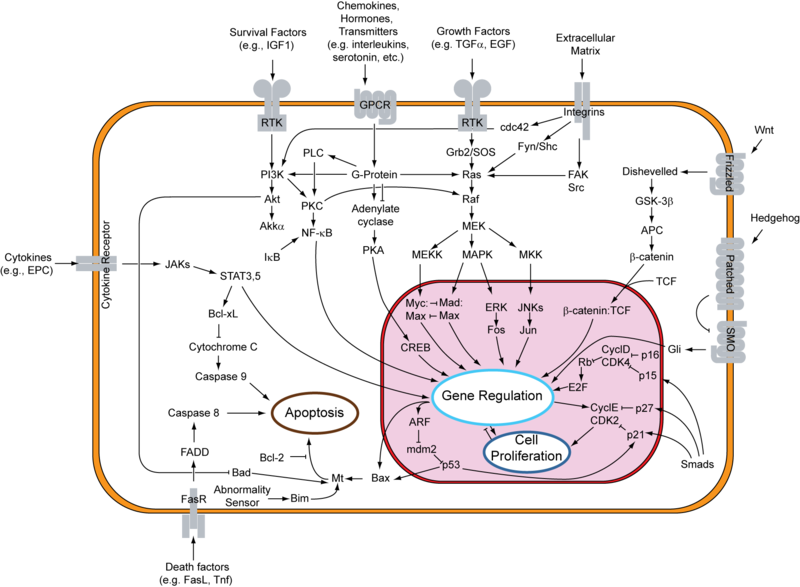PSA has been used for many years as a screening tool to detect the presence of PCa and to evaluate the treatment response.7 However, its role is evolving as a useful marker for assessing the risk of future PCa, although this concept has not yet been widely incorporated into clinical practice.8 A number of studies have evaluated PSA as an indicator of the risk of developing future PCa.
A number of potential biomarkers have been identified that might provide additional predictive value in determining the risk of future PCa. Transforming growth factor-β1, interleukin-6, the urokinase plasminogen activation system, chromogranin A, and prostate-specific membrane antigen have all demonstrated some degree of predictive value in PCa, but all are unproved to date.36 In the case of transforming growth factor-β1, the data from some studies have shown it to be valuable in predicting tumor progression, metastasis, and biochemical progression, but other studies failed to confirm these data.[37], [38] and [39] Some limited data have also pointed to the value of interleukin-6 as a predictor of disease progression and patient survival.[40] and [41]
Few of these newer biomarker candidates are likely to eventually play an important role in future PCa prediction. From the data from several recent studies, only PCa gene 3 (PCA3), BRCA, and early PCa antigen 2 (EPCA-2) show considerable promise.
Risk of developing prostate cancer in the future: overview of prognostic biomarkers.
Fleshner NE, Lawrentschuk N.
Urology. 2009 May;73(5 Suppl):S21-7.
Friday, May 22, 2009
Subscribe to:
Post Comments (Atom)
Signal Transduction Pathways

RTK, GPCR, GF, Cytokine, Wnt, Death Factors & Shh pathways
No comments:
Post a Comment